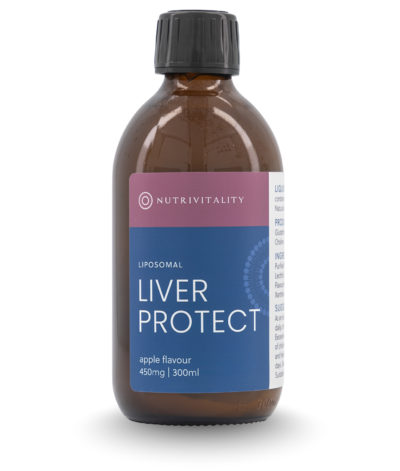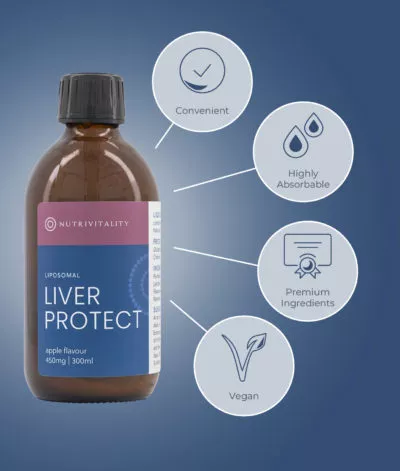Can B Vitamins Help To Reduce Symptoms of Anxiety?
What is anxiety?
Anxiety is a feeling of worry that occurs as a natural reaction to stress. If you experience anxiety for no particular reason or feel anxious and panicked from common day to day events, you may have an anxiety disorder. If you experience these feelings you’re not alone, Anxiety disorders are very common.
According to Anxiety UK, 1 in 6 adults in the UK has experienced “some form of ‘neurotic health problem’ in the previous week.”
“The most common neurotic disorders were anxiety and depressive disorders. More than 1 in 10 people are likely to have a ‘disabling anxiety disorder’ at some stage in their life. An estimated 13% of the adult population will develop a specific form of anxiety known as a phobia at some point in their life.”
What are they symptoms of anxiety?
Sufferers of chronic anxiety can experience an array of physical and mental symptoms. It’s important to note that experiencing occasional anxiety is normal, but when it becomes prolonged, intense, or interferes with daily life, it may be an anxiety disorder. Common symptoms of anxiety can include but aren’t limited to:
- Panic attacks
- Disturbed sleep
- Trouble focusing and memory problems
- Irritability
- Heart palpitations
- Shortness of breath
- Nausea
- Dizzyness
It’s important to recognise that everyone experiences anxiety differently, and not everyone with anxiety will have all of these symptoms. Additionally, anxiety can range from mild to severe, with some individuals experiencing anxiety disorders.
Can B vitamins help with the symptoms of anxiety?
There is a suggested link between vitamin B deficiency and high anxiety levels too. Symptoms of B vitamin deficiency may include nervousness, headaches, rapid heartbeat, difficulty concentrating, fatigue and irritability. A lot of this co-aligns with symptoms of anxiety.
Although B vitamins occur naturally in a variety of foods, like spinach, peas, bananas, beef, lamb and dairy products, some people struggle to get the amount that their bodies require.
Vitamin B can help reduce the “anxiety” effects by promoting a healthy nervous system function. When the nervous system is not functioning properly, the adrenal glands store up cortisol (the hormone produced during times of stress that causes “fight or flight” response) and in turn, produces these negative “anxious” effects.
If you’re suffering from these negative effects and you are worried about your levels of anxiety you should always make an appointment with your local GP.













